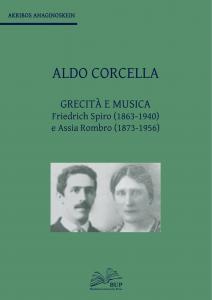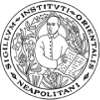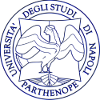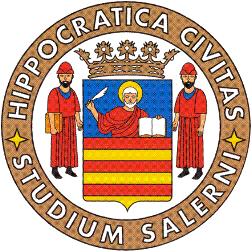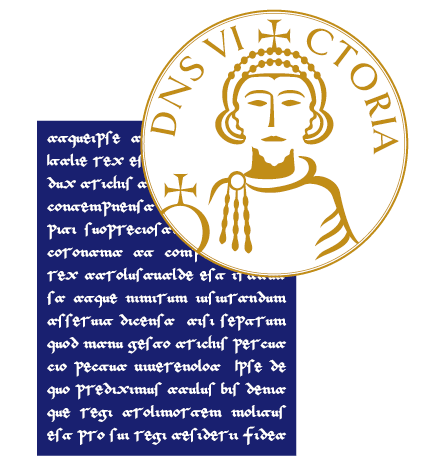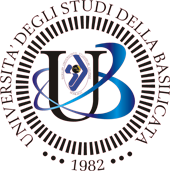Greek and music: Friedrich Spiro (1863-1940) and Assia Rombro (1873-1956)
Keywords:
Friedrich Spiro (1863-1940), Assia Rombro (1873-1956), Ulrich von Wilamowitz-Moellendorff, Carl Robert, Paul Geisler, Ernst von Wolzogen, Ettore Romagnoli, history of classical studies in the 19th and 20th centuries, musical scene in Rome between the 19th and the 20th centuries, German, Italian, and European culture between the 19th and the 20th centuriesSynopsis

Series: Akribos anaginoskein, 1
Pages: XVI + 254
Language: Italian
NBN: http://nbn.depositolegale.it/resolver.pl?nbn=urn:nbn:it:unina-27406
Abstract: Friedrich Spiro, born into a Berlin Jewish family in 1863, was a musician, music critic and classical scholar, a pupil of Wilamowitz and Robert. A specialist of Hellenistic poetry and metric, he then devoted himself to the study of Pausanias, of which he produced a new critical edition for Teubner. In 1891 he moved to Rome, where he lived for twenty-five years together with his wife, ten years younger, the brilliant violinist Assia Rombro, who was born in the Russian Empire and received a cosmopolitan education: together with her he carried out extensive activities as a music critic and musician, until the outbreak of the First World War forced them to return to Germany. Here they continued their musical activity, while Spiro taught at the gymnasium. The very advent of Nazism did not immediately convince them to emigrate: only in 1939 did they settle in Switzerland, where Friedrich died the following year, while Assia survived until 1956.
In contact, especially in the Roman years, with great exponents of European culture, Friedrich and Assia Spiro were refined intellectuals, gifted with a rich artistic sensitivity. Friedrich, in particular, soon showed impatience for pure philology, undergoing the fascination of Nietzsche (of whom he wrote an important obituary) and exhibiting in his writings, in the wake of his masters, the conviction that European culture should refer to Greek culture and great art so as not to fall victim to barbarism. A detailed exam of the events, relationships and ideas of the Spiro spouses, through their printed writings and the letters exchanged with various friends and colleagues (including Johan Ludvig Heiberg and Otto Crusius), as well as through the sometimes cordial and sometimes controversial statements of their contemporaries (notable, in particular, two curious satirical disguises to which Spiro was subjected first in Germany by Ernst von Wolzogen and then in Italy by Ettore Romagnoli) thus leads to discuss the contradictions of Kultur, and especially the crisis of the model of historicist philology at the end of the 19th century, but more generally the destiny of a generation of chosen spirits whose culture proved powerless in the face of the tragedies of the 20th century.
Downloads
